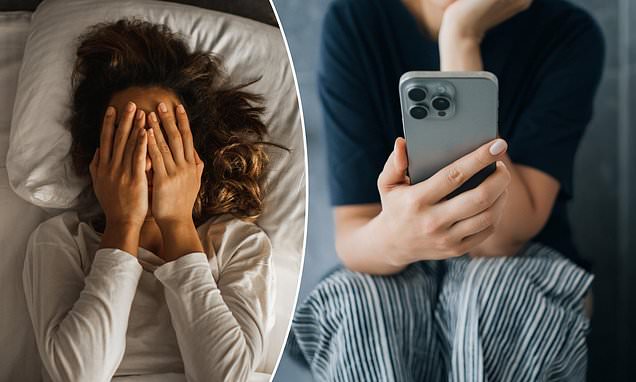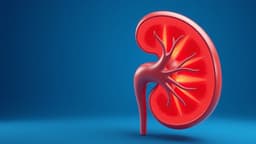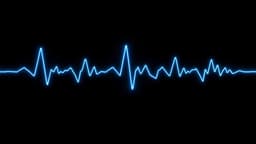Home / Health / Neurologist's 3 Brain Health No-Nos Revealed
Neurologist's 3 Brain Health No-Nos Revealed
21 Nov
Summary
- Wearing headphones to bed may increase hearing loss and dementia risk.
- Poor gum health is linked to an 86% increased risk of stroke.
- Sitting on the toilet too long can cause blood pressure to drop.

Neurologist Dr. Baibing Chen, known as Dr. Bing, has identified three prevalent habits that can negatively impact brain health. He strongly advises against wearing headphones to bed, especially with loud audio, as this can damage inner ear hair cells, increasing the risk of hearing loss and dementia over time. Furthermore, this habit can disrupt deep sleep, hindering the brain's waste-removal system.
Dr. Bing also emphasizes the critical link between oral hygiene and brain health, citing studies that connect gum disease and cavities to an elevated risk of stroke and cardiovascular events. He recommends daily flossing and brushing to maintain good gum health. Ignoring these signals, he notes, is akin to ignoring warning signs for overall well-being.
Finally, the neurologist cautions against sitting on the toilet for more than five minutes. Prolonged sitting and straining can lead to pooling of blood in the legs and a subsequent drop in blood pressure, potentially causing fainting due to insufficient blood flow to the brain. This advice is particularly relevant for individuals without chronic bowel conditions.




